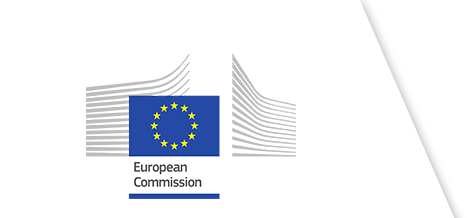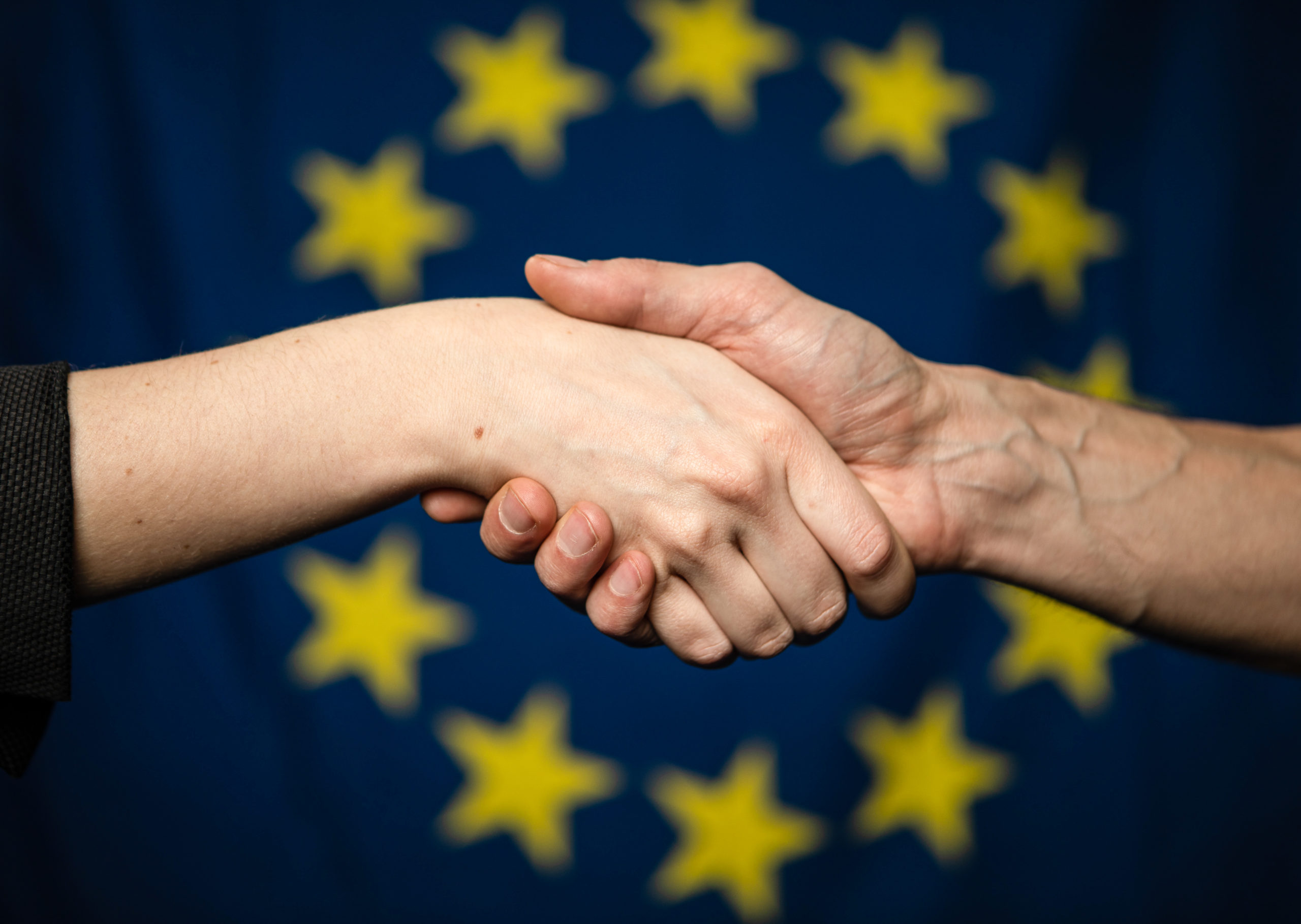Definition
Decentralised cooperation, as defined by the European Commission, is “publicly and privately funded aid provided by and through local authorities, networks and other local actors”. In the EU’s vocabulary, the term “local authorities” is defined very widely – it includes all kinds of sub-national governments, from the powerful law-making regions (German Länder, or Spanish regions) to small towns and municipalities.
More generally, decentralised cooperation or decentralised development cooperation can be defined as development cooperation between local and regional governments in Europe and their counterparts in partner countries.
Partnerships
Cooperation between cities and regions at the global level takes place for decades: thousands of European towns and regions have partnerships with their counterparts within Europe and across Africa, Latin America or Asia-Pacific. But the recognition of local and regional governments’ role in development cooperation by national governments and the European Union is more recent.
Such partnerships focus on supporting local democracy and improving the lives of local communities: better governance, waste collection, access to school, water treatment, climate change, public lighting, healthcare, gender equality, economic development…
In each project, the local and regional government partners join forces and work hand in hand with civil society and all other stakeholders, to identify the problems and find the best solutions.
Thanks to its proximity to the citizens and to their needs, to its participative potential, as well as to its knowledge of local strengths and weaknesses, the local and regional level is the best place to address today’s and tomorrow’s global challenges.
Timeline
In its revised version, the Cotonou Agreement (which relates to Africa, Caribbean and Pacific countries and is the basis of the European Development Fund), recognises local governments as key development actors. It opened a range of new opportunities to support democratic decentralisation processes (Article 33) and decentralised cooperation (Articles 70 & 71).
The European Consensus on Development states in article 16 that “the EU encourages an increased involvement of national assemblies, parliaments and local authorities”.
The European Parliament overwhelmingly adopts a resolution on local authorities as actors for development, drafted by Pierre Schapira (who is also a Deputy Mayor of Paris). It sets out the arguments in favour of local governments’ role and actions in this field, and calls on the European Commission to provide financial support.
The same year, the European Development Fund and the Development Cooperation Instrument (DCI) are launched and a new budget line is created to finance a thematic programme dedicated to “Non-State Actors and Local Authorities” (NSA-LA). This programme came into effect in 2008 with €30 million a year for local and regional governments, i.e. around 15% of the total.
The European Commission issues a communication on “Local Authorities: Actors for Development”, affirming that “due to their proximity and territorial presence, as well as knowledge of local needs and expertise in traditional sectors conducive to poverty reduction” and “direct experience of and valuable skills in territorial development, decentralization and strengthening democratic governance”, a process should be launched to “reinforce their participation in the design and implementation of development activities”.
PLATFORMA is officially launched on the occasion of the European Development Days in Strasbourg. PLATFORMA is financially supported by the European Commission since 2009.
In March 2010, the European Commissioner for Development, Andris Piebalgs, launched a “Structured Dialogue” with Member States, the European Parliament, local and regional authorities, and non-state actors, on the role each should play in European development policy, in particular with regard to the upcoming EU financial period (2014-2020).
The European Commission DG’s of EuropeAid (AIDCO) and Development (DEV) are merged into DG Development and Cooperation — EuropeAid (DEVCO).
The European Commission issues the communication “Agenda for change” to update the EU development policy in view of the Multiannual financial framework 2014-2020.
DG Development and Cooperation — EuropeAid (DEVCO) is renamed DG International Cooperation and Development (DEVCO).
Neven Mimica, the Commissioner for International Cooperation and Development signs a Framework Partnership Agreement (FPA) to form strategic partnerships with five Associations of Local Authorities (ALA): CEMR & PLATFORMA, UCLG, UCLG-A, CLGF & AIMF. “In some countries, the link to development processes may require larger capacities and stronger local governance structures. […] We want to help unlock [Local Authorities] full development potential as the public institution closest to citizens,” said Commissioner Mimica. He believes that “Strategic Partnerships create an institutional space for policy dialogue based on shared interests and common objectives. They must deliver real and concrete results.”
The United Nations adopts the 2030 Agenda for Sustainable Development setting 17 Sustainable Development Goals (SDGs) and reflecting a real change of paradigm in the traditional approach to development cooperation. All the SDGs include a local dimension. SDG17 emphasis the fundamental principle of a Global Partnership, building on the synergies of all stakeholders, fostering North-South, South-South or triangular cooperation, implementing the Action Agenda for Financing Development, and strengthening Policy Coherence for Sustainable Development (PCSD).
In its communication on the revision of the European Consensus on Development, the European Commission insists on “multi-level governance” and “partnerships between national, sub-national and local governments” (point 49) and “the active involvement of local authorities” (point 69).
MEPs specifically mention “decentralised cooperation between European and partner-country local and regional governments as an effective means for mutual capacity strengthening, and implementation of the SDGs at the local level” (article 44) in the European Parliament report on the European Consensus on Development by co-rapporteurs Bogdan Wenta and Norbert Neuser.
The European Commission published the Proposal for a Regulation of the European Parliament and of the Council establishing the Neighbourhood, Development and International Cooperation Instrument (NDICI) (COM(2018)460).
The European Parliament adopted its first-reading position on the NDICI, with 420 votes in favour, 146 against and 102 abstentions. They propose important amendments to the Commission’s proposal, including several references to local authorities as key stakeholders, as well as a dedicated budget line.
DG International Cooperation and Development (DEVCO) is renamed DG International Partnerships (INTPA).
The Regulation (EU) 2021/947 establishing the Neighbourhood, Development and International Cooperation Instrument – Global Europe enters into force. It highlights the need “to strengthen the role of local authorities as actors of development”.
The presidents of the five largest associations of local and regional governments met on 12 September 2022 in Brussels with Jutta Urpilainen, European Commissioner for International Partnerships, to renew their partnership on international development with the European Union.
EU development policy
EU development policy is a shared competence of the European Commission and the Member States. However, since the beginning of the years 2000, the Member States begun to develop a “common vision”, institutionalised by the adoption of the Lisbon Treaty in and the 2006 European Consensus on Development. The European Commission and its Member States increased coordination of policy and action in view of eradicating poverty in a context of sustainable development.
EU development policy is a cornerstone of EU relations with the outside world – alongside foreign, security and trade policy (and international aspects of other policies like environment, agriculture and fisheries).
Providing over 50% of all global development aid, the EU is the world’s leading donor.
The European Commission’s Directorate-General for International Partnerships (DG INTPA – formerly European Commission Directorate-General for International Cooperation and Development) is responsible for formulating the EU’s international partnership and development policy, with the ultimate goal to reduce poverty, ensure sustainable development, and promote democracy, human rights, and the rule of law across the world.
The role of the DG for International Partnerships (DG INTPA) is to:
- work together with partner countries across the world to achieve sustainable development
- design the EU’s international partnership and development policy
DG INTPA accompanies partner countries on their path towards sustainable development, continuously adapting their support to the country’s evolving needs and transitioning from bilateral assistance towards more targeted support as the situation improves.
To ensure the most coherent and effective work, DG INTPA cooperates and coordinates with:
- other Commission services responsible for thematic policies and/or external action
- EU member countries and EU delegations in the field
The EU combines different types of support to partner countries. It provides funding in the form of grants to support projects and organisations furthering its development objectives. It also offers public contracts and provides budget and sector support.
European Commission calls for proposals and tenders are published on DG INTPA’s website.


